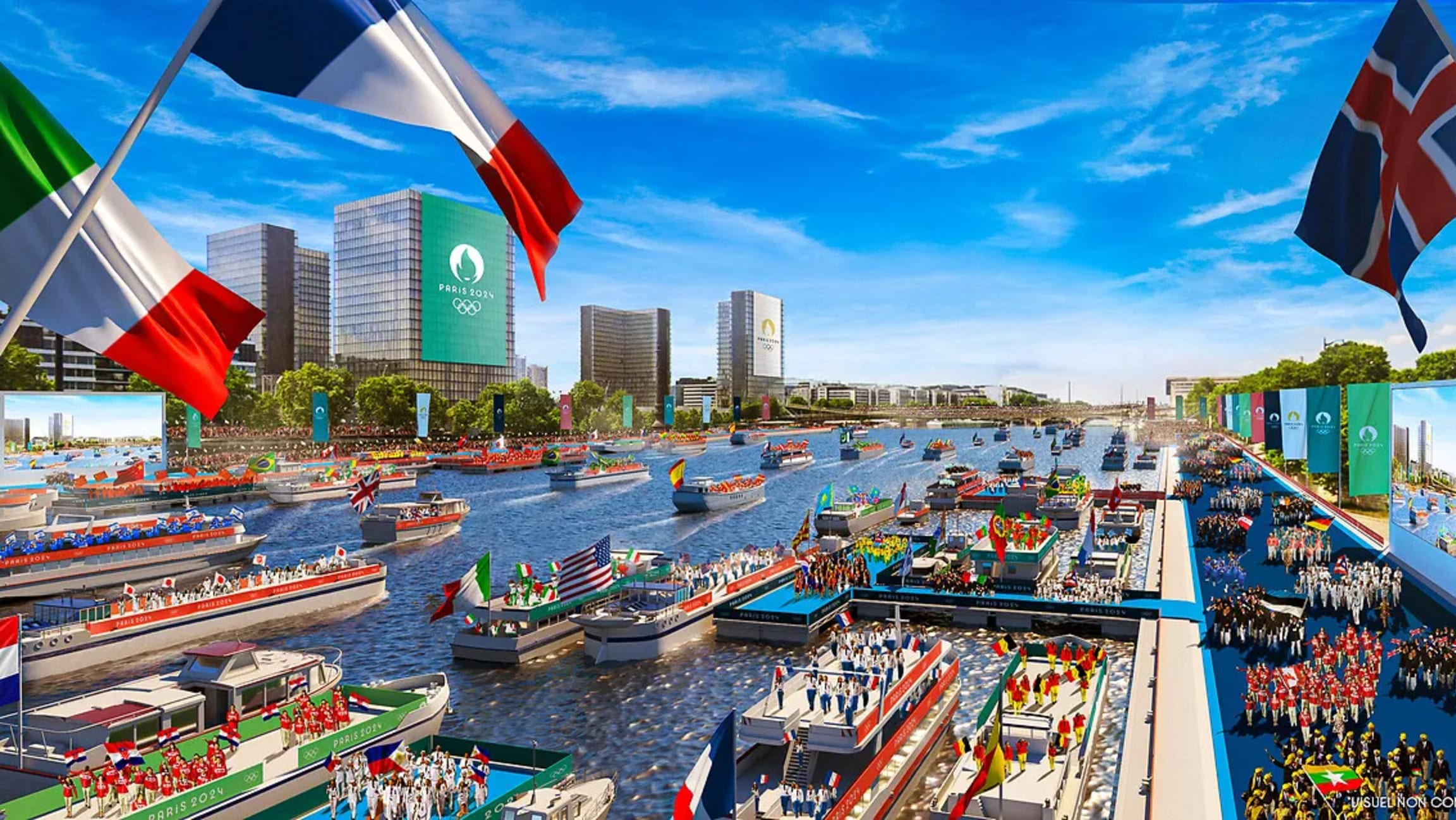
Green Olympics advances in Paris-From the goal of "carbon neutrality" to the reality of low carbon
Share
The Paris Olympic Committee adopts the ARO (Avoid, Reduce & Offset) methodology to manage carbon emissions: avoiding unnecessary emissions, taking emission reduction measures (Reduce), and offsetting carbon emissions that cannot be avoided and reduced. Based on this methodology, the Paris Olympics once claimed to be a carbon-neutral Olympics.
In fact, the recent Olympic Games since the 2006 Turin Winter Olympics have claimed to be "carbon-neutral" Olympic events. For unavoidable carbon emissions, they rely on the path of using a large number of carbon offset measures.
Carbon offset refers to an individual or organization offsetting their own greenhouse gas emissions that cannot be reduced by purchasing carbon emissions reduced or absorbed by other regions/projects. There are large differences in the carbon emission accounting standards of different regions and projects, so the carbon emission data obtained often have a large floating space.
These reduced carbon emissions or absorbed carbon emissions are recognized by relevant institutions and are called carbon credits, which can be sold and traded. The carbon offset model can enable individuals or organizations that reduce or absorb carbon to obtain green benefits and promote greater carbon reduction.
For example, during the Turin Winter Olympics, the local government invested about 3 million euros to purchase about 200,000 tons of carbon emission reduction credits from domestic Italian companies and energy-saving and emission reduction projects to offset the carbon dioxide generated by transportation and venue operations during the Olympics.
In the 2020 Tokyo Olympics, more than 210 companies in Tokyo and Saitama Prefecture provided carbon emission quotas to offset the unavoidable carbon emissions for the Tokyo Olympics. The Tokyo Olympics also achieved "carbon neutrality" in this way.
However, since buying carbon credits is often easier than actually reducing carbon emissions, some large carbon emitters use carbon offset paths to claim to have achieved low carbon or even carbon neutrality, which often reduces their own pressure and motivation to reduce carbon.
Therefore, carbon offset has been increasingly questioned. Many international environmental organizations have announced their opposition to the use of carbon offsets to achieve carbon neutrality. In a speech on World Environment Day on June 5, 2024, UN Secretary-General Guterres called for avoiding dubious carbon offsets, which would undermine public trust but do little or nothing for the climate.
In recent press releases, the Paris Olympic Committee has stopped promoting carbon neutrality. The International Olympic Committee issued a press release stating that the Paris Olympics will be a more responsible, sustainable and inclusive Olympics.
Without the use of carbon offsets, it will be difficult for Paris and France itself to achieve larger-scale carbon reduction. The main means of achieving carbon reduction is to use a larger proportion of renewable energy for power generation. More than 60% of France's electricity is provided by nuclear energy, and its proportion of renewable energy is at a medium-low level in Europe.
EDF is the electricity partner of the Paris Olympics. The 34 Olympic venues in Paris will be powered by Enedis, a subsidiary of EDF, a grid operator. EDF previously announced that it would provide 100% wind and solar power for the Olympic venues. For temporary and emergency power supply, the use of diesel generators will be reduced as much as possible, and biofuels, hydrogen or batteries will be used instead.
Based on local resource endowments and power conditions, 100% wind and solar power will be provided for the Paris Olympic venues - which is impossible in reality. The commitment of the French Electricity Group is actually achieved by purchasing green electricity certificates, which is also a carbon offset model.
In order to encourage more organizations to voluntarily reduce carbon emissions, the Paris Olympic Committee has developed the "Climate Coach for Events" application, which is free for all event organizers to access.
"Climate Coach for Events" can estimate the carbon footprint of ten links in the event: catering, accommodation, tourism, infrastructure and energy, sports equipment, logistics, venue layout, publicity materials, digital materials and waste. Like a sports coach, this tool can customize carbon reduction plans for specific events, including about a hundred practical measures, such as "choose venues accessible by public transportation" and "do not use electricity from temporary generators with fossil fuels".


